FinOps or Financial Operations is the practice between Finance
FinOps for 2021
FinOps is defined as financial management in Cloud Operations or Cloud Financial Management Operations. It allows a company to silo a FinOps practioner(s) to “glue” the Finance & Cloud organizations together to build a Cost Aware Culture. FinOps is a new category in Cloud Cost Expense Management and more companies are looking hire these roles. Since FinOps requires both a Technical understanding of Cloud Services and a Financial background, many would think this is a unicorn role. If a unicorn FinOps practitioner does not exist in your business, you are not alone.
Historically a Procurement organization often was the last step in IT negotiations for many companies. A Vendor would work with the CIO/CTO office on a solution, negotiate and move to Procurement for final deal closure. Often, Procurement takes another pass at ensuring Rates and Master Services Agreements are commercially sound providing a full benefit to the organization. Due to the shift to Cloud, specifically IaaS and SaaS solutions, it’s become very difficult for organizations to simply procure a service as in the past for servers, licenses and more. In just a few short years, FinOps has gained awareness not just in the ecosystem it has taken notice within the VC and Private Equity community. PE firms are looking to lower OPEX without reducing functionality and place key roles in their portfolio to address it.
FinOps Success
FinOps does not have success overnight and that is ok as you will want to crawl before you run a marathon.
FinOps is a large cultural change for many organizations especially if Cloud Cost Optimization and Financial governance are not implemented presently. Building a Cost Aware culture does take time and will be unique to each company based on their ability to build, grow, scale to support customers and outpace competition.
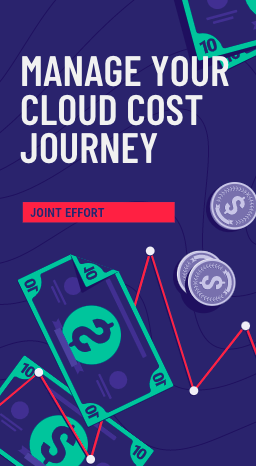
During our Cloud Optimization Support for clients, over 53% of them have any Finance and Dev team cohesion. Simply put, both sides do not understand what is important to the other.
FinOps Blockers
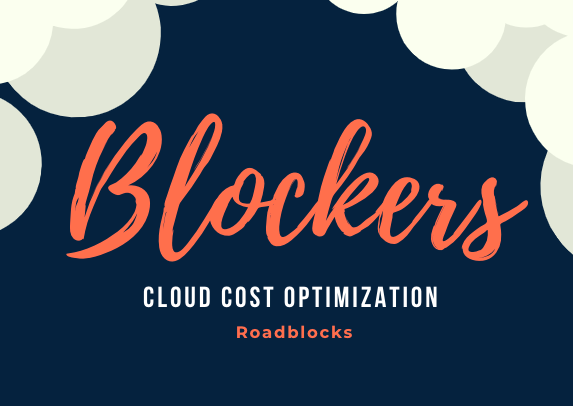
Blockers to FinOps can look like:
- Lack of buy-in to dedicate full-time staff
- How to measure success
- Simply not allocating a cadence to succeed
- Scaling concern – too much analysis to slow the development of your business.
- People – Nobody likes being told they are spending too much or not enough for growth.
Build a FinOps Team
Building a FinOps organization sounds daunting, but it does not have to be. Start small, identify which key Executives will sponsor this new organization such as the CIO and CFO and begin to fill the roles. Add 1-2 individuals who will spend 100% of their day focused on FinOps, this means they don’t code or work only on finance. Often, we look for that rising star individual contributor who shows a passion for controlling their learning curve and seeking a leadership role long-term. Leadership or managing people in the future is a suggestive criterion? Yes, as this person in FinOps can quickly be deemed the equivalent of an internal investitive unit built within the confines of a government agency…they will not be well-liked or have many coming to them with open arms at first. Settling on someone to learn how to manage their “peers” either in IT or Finance is a skill learned and you would rather they cut their teeth here to see how they fair and equally they will understand if management is all it’s cracked up to be. This does not mean they have free rein or go unchecked, it’s quite the opposite. This org will be crucial and will require guidance, support and compromise from both organizations beginning with those Executive Sponsors.
Below is a great representation from the FinOps.org outlining an overview of the FinOps Glue between Finance, C-Level, Engineering, Product Owners etc.
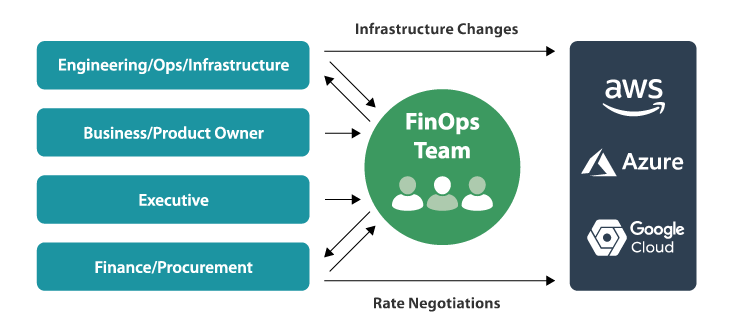
Executives addressing the trend now do not want to be left behind as it’s a core ask while vetting any CFO. More Director and VPs of Finance are figuring out their next step to the C-Level must include an executable plan, KPI and cost building culture around FinOps
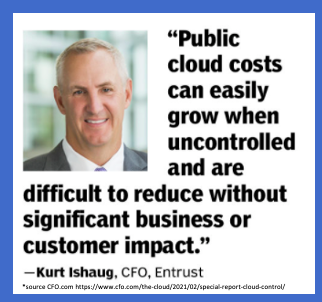
FinOps Easy win
We advise companies to begin with an easy win once the organization has been established. If Dev can find a 10% savings option in their Cloud instance on something easy, why not provide 80% back to Finance, using the other 20% for an area unfunded. Finance, if you see OPEX in other areas of the business such as general utilities are lower for the last three months, why not provide something to IT. Offering additional budget to strapped IT organizations out of the blue builds an early win together.
Related Posts
3 Comments
Comments are closed.
Recent Posts
- Securing Autonomous AI Agents: Identity-Anchored Autonomy for Enterprise Risk & Resilience
- The Definitive Guide to Enterprise Telecom Agreements: MSA, SLA, and DIA Negotiation Best Practices for Global Carriers
- The AI Privacy Engineer: Architecting Trust and Compliance in the Age of AI
- AI in CCaaS RFPs: Essential Features for Next-Gen Contact Centers
- The Future of CCaaS: How AI Will Transform Contact Centers by 2035
Archives
- October 2025
- September 2025
- August 2025
- July 2025
- June 2025
- May 2025
- April 2025
- March 2025
- February 2025
- January 2025
- December 2024
- November 2024
- October 2024
- September 2024
- August 2024
- July 2024
- June 2024
- May 2024
- April 2024
- March 2024
- February 2024
- January 2024
- December 2023
- November 2023
- October 2023
- September 2023
- August 2023
- July 2023
- June 2023
- May 2023
- April 2023
- March 2023
- February 2023
- January 2023
- December 2022
- November 2022
- October 2022
- September 2022
- August 2022
- July 2022
- June 2022
- May 2022
- April 2022
- March 2022
- February 2022
- January 2022
- December 2021
- November 2021
- October 2021
- September 2021
- August 2021
- July 2021
- June 2021
- May 2021
- April 2021
- March 2021
- December 2020
- September 2020
- August 2020
- July 2020
- June 2020
Categories
- All (19)
- Satellite (1)
- Artificial Intelligence (8)
- Travel (1)
- Sports (1)
- Music (1)
- News (280)
- Design (3)
- Clients (12)
- Uncategorized (1)
- Tips & tricks (25)
- Inspiration (9)
- Client story (1)
- Unified Communications (196)
- Wide Area Network (309)
- Cloud SaaS (60)
- Security Services (71)


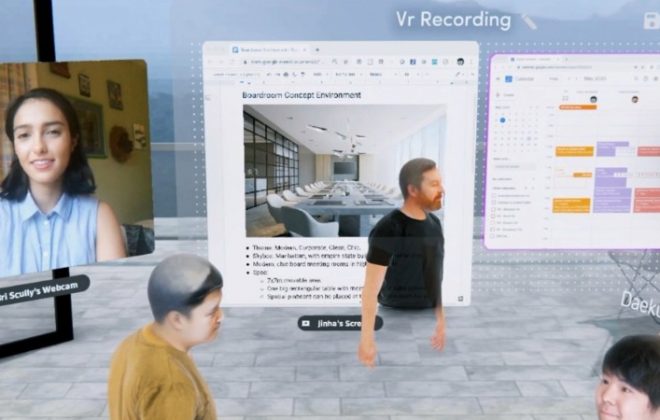

[…] Expense Management should be brought into your Cloud Expense Management practice, namely FinOps. Most organizations have not built out a FinOps teams just yet, it’s a newer concept but one […]
[…] does not mean your environment is incorrect, mis-configured or unsecured. IT Audits help achieve FinOps, Cloud Usage across the business & Optimization. Following an IT Audit, organizations should […]
[…] real-time reporting communicating your utilization of cloud services (and why) in your business. This effective workflow builds complete responsibility and common set of goals across development, engineering, operations, […]